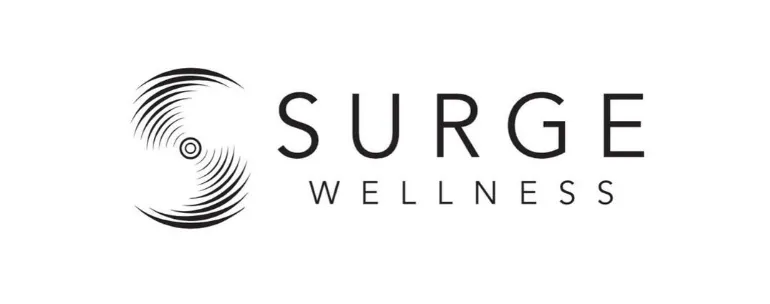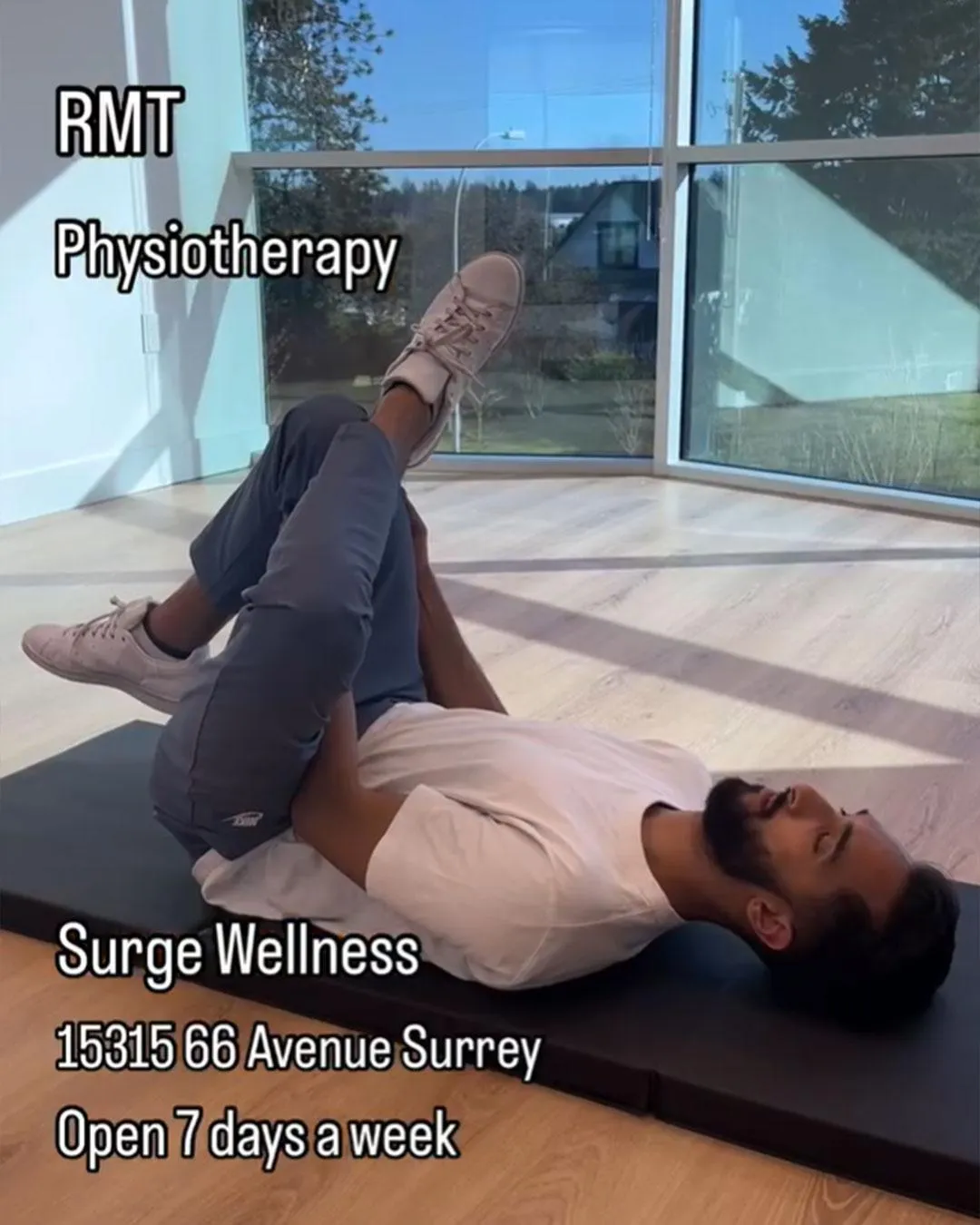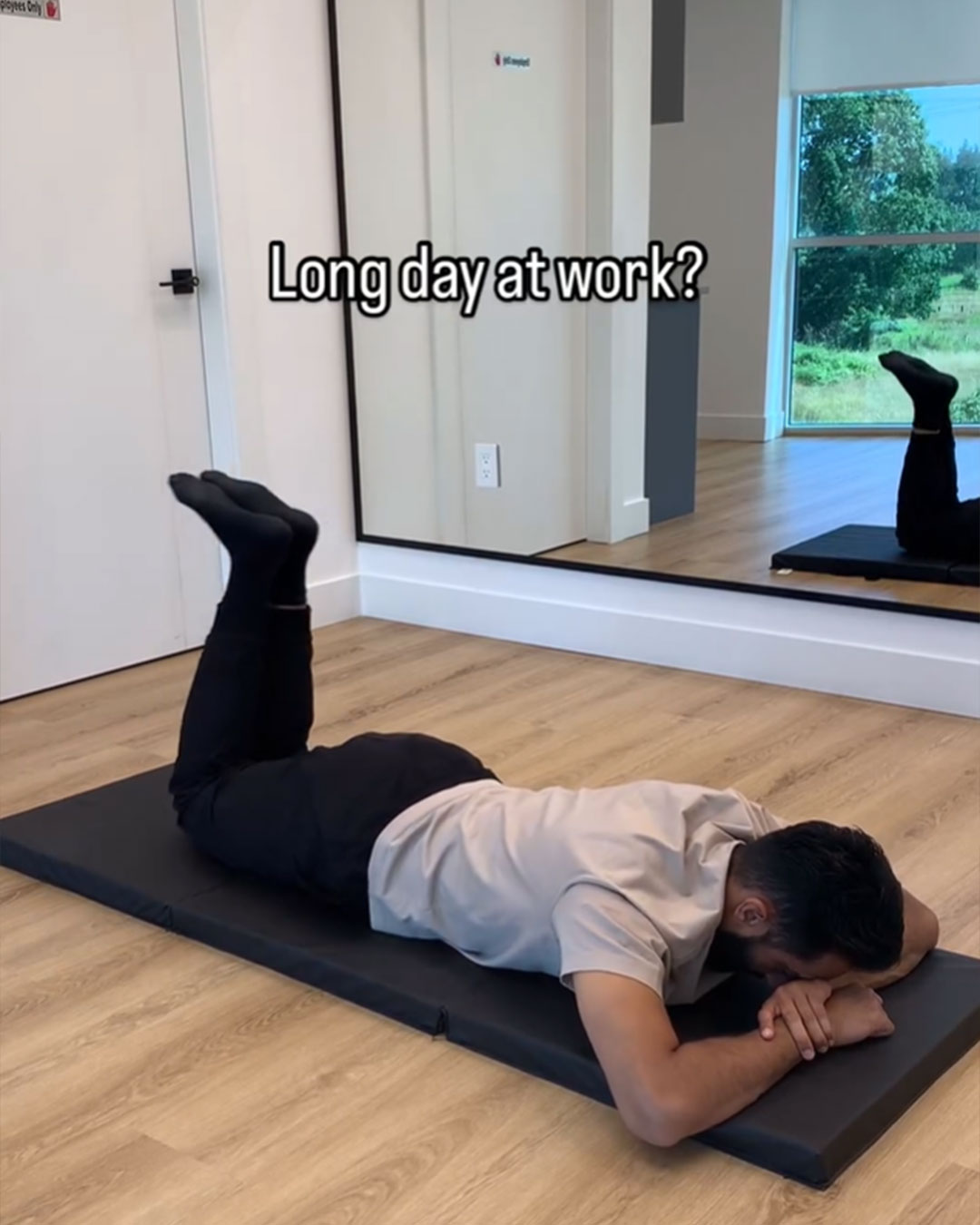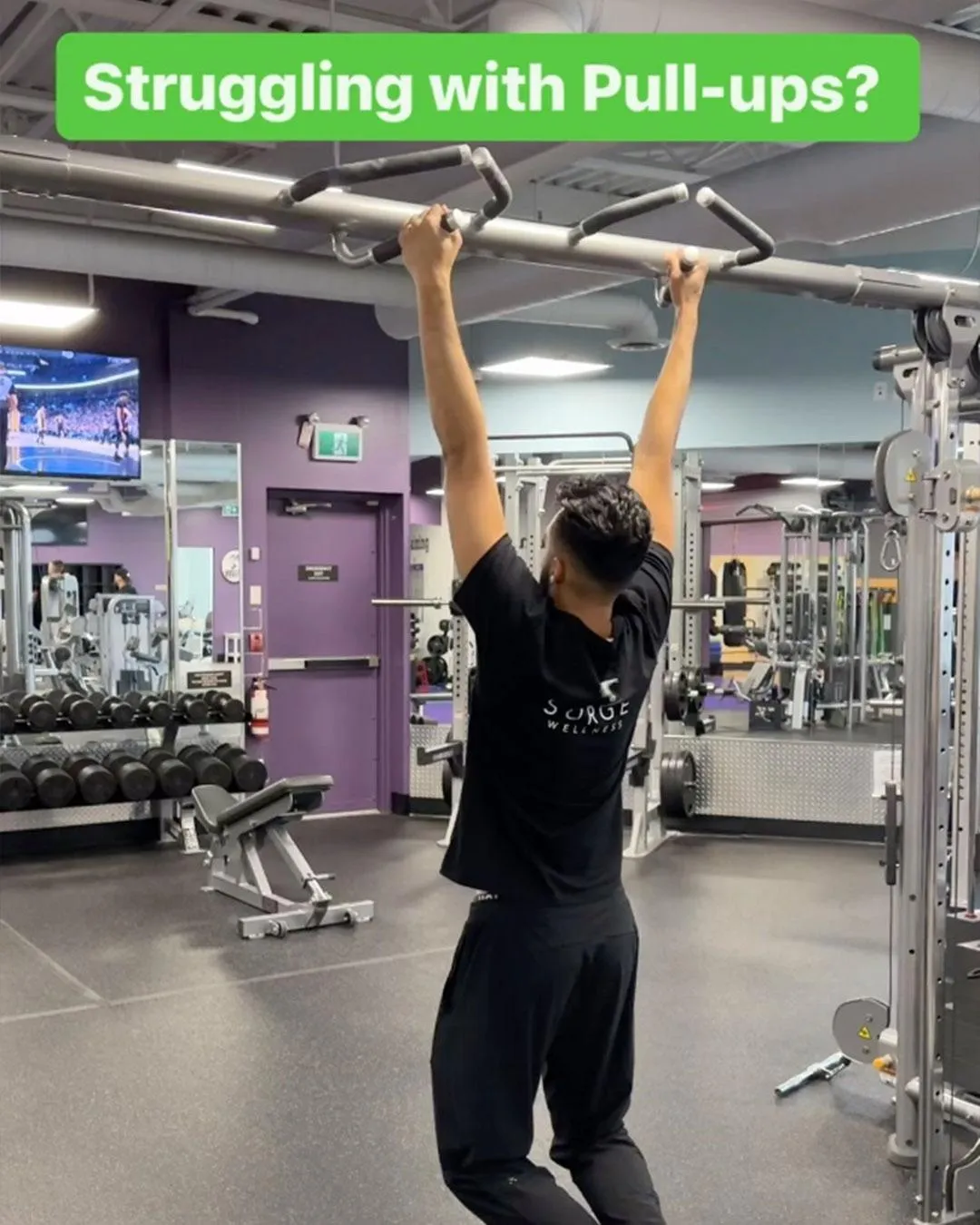Golf Elbow
Golf Elbow
Golf elbow, also known as medial epicondylitis, is a condition that causes pain and inflammation on the inner side of the elbow. It occurs when the tendons that connect the forearm muscles to the elbow become damaged due to overuse, typically from repetitive wrist and arm motions. While it’s commonly associated with golfers, this condition can affect anyone involved in activities that require repetitive gripping or wrist movements, such as throwing, typing, or manual labor. At Surge Wellness, we are experienced in diagnosing and treating golf elbow, providing personalized care to help you manage pain and regain full functionality.
Without proper treatment, golf elbow can lead to chronic pain and weakened grip strength, significantly affecting your ability to perform everyday tasks. At Surge Wellness, we take a comprehensive approach to treating golf elbow, focusing not only on relieving pain but also on addressing the underlying cause of your condition. Our goal is to help you recover fully by reducing inflammation, improving mobility, and strengthening the muscles and tendons surrounding the elbow, so you can return to your regular activities pain-free and with improved resilience.
How We Treat Golf Elbow
At Surge Wellness, our treatment for golf elbow integrates physiotherapy and registered massage therapy to provide a holistic approach to healing. Our physiotherapists use targeted exercises to improve flexibility and strengthen the forearm and elbow muscles, promoting better support for the tendons. Manual therapy techniques and modalities like ultrasound or laser therapy are employed to reduce inflammation, enhance circulation, and accelerate the healing process. We also focus on correcting movement patterns and posture to prevent re-injury and help you maintain long-term elbow health.
Massage therapy is a crucial component in relieving the muscle tension and tightness that contribute to golf elbow. Our registered massage therapists use techniques such as deep tissue massage, myofascial release, and trigger point therapy to release tension and promote healing in the affected area. By addressing muscle imbalances and restoring flexibility, massage therapy complements physiotherapy to deliver comprehensive care. This integrated treatment approach ensures that you recover quickly, regain strength, and return to your normal activities with minimal risk of recurring injury.
See What People Say About Our Services
Hear from our satisfied clients who have experienced lasting relief and improved mobility through our expert care. Discover why Surge Wellness is a trusted name in the community.
What conditions does physiotherapy treat?
Physiotherapy is effective in treating a wide range of conditions, including back pain, sports injuries, arthritis, post-surgical recovery, and neurological disorders. It helps with pain management and mobility improvement.
How long will my physiotherapy session last?
A typical physiotherapy session lasts between 45 minutes to an hour, depending on your treatment plan and the complexity of your condition.
Do I need a doctor's referral for physiotherapy?
In most cases, a referral is not required to see a physiotherapist. However, some insurance providers may require one for coverage purposes, so it’s best to check with your provider.
How many sessions will I need?
The number of sessions varies depending on the severity of your condition and your personal recovery goals. Your physiotherapist will assess your needs and recommend an appropriate treatment schedule.










